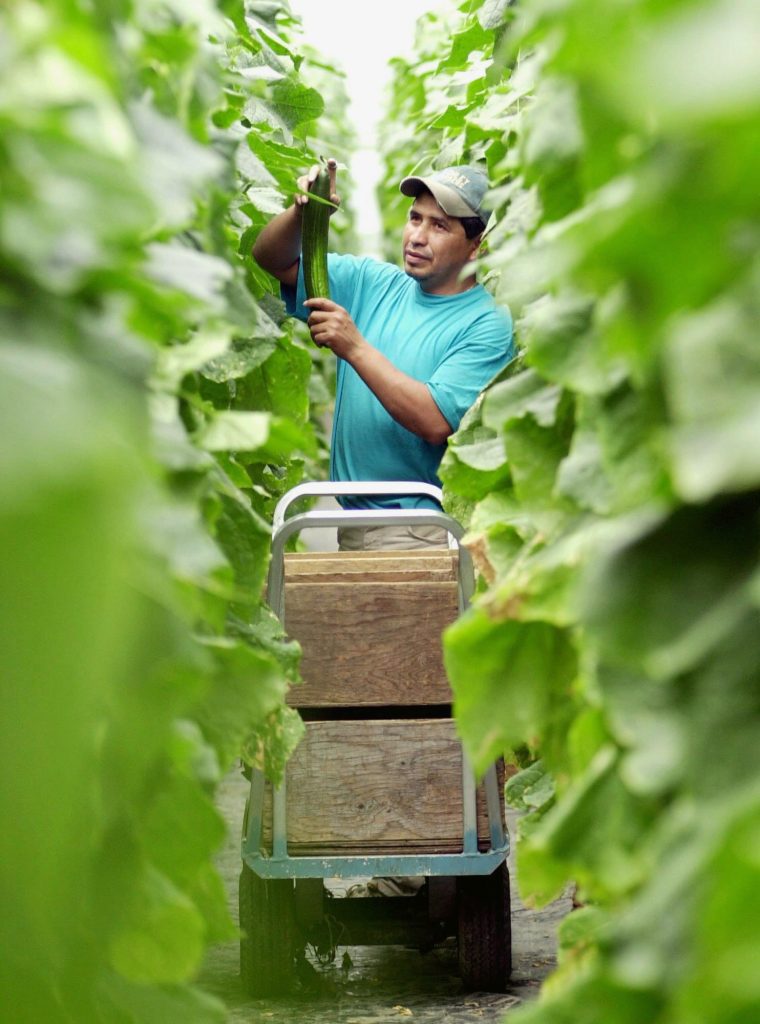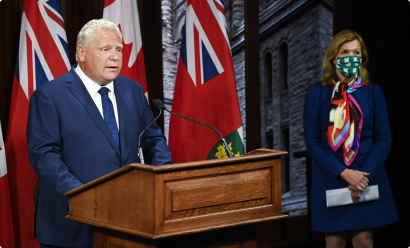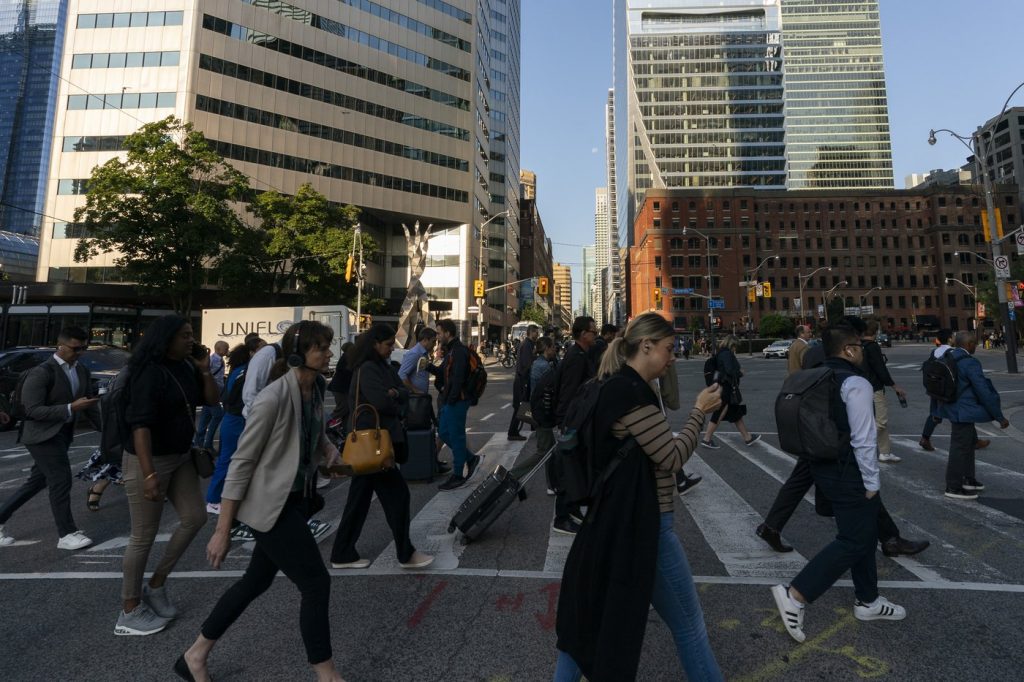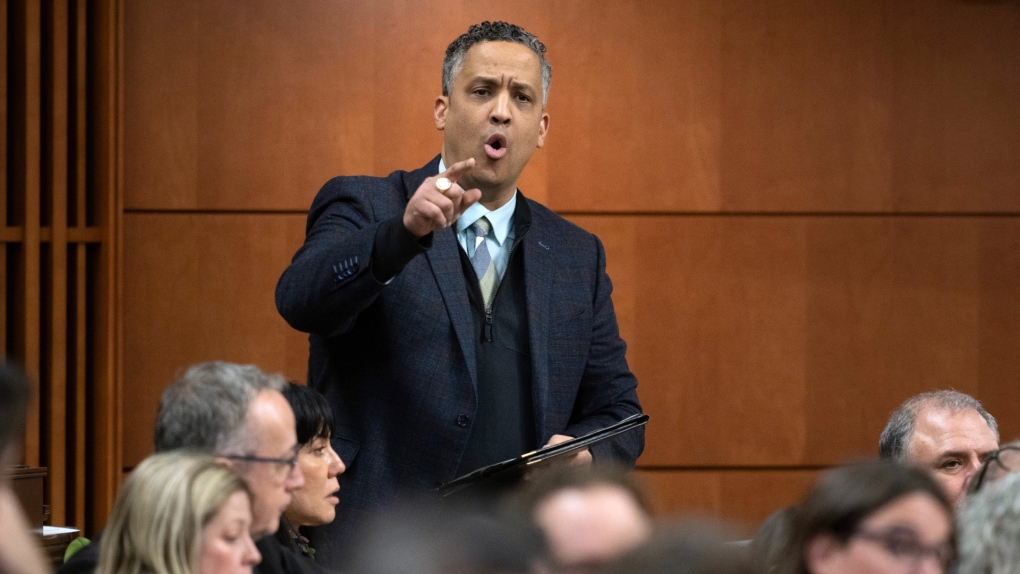On March 20, Ontario introduced Working for Workers Act, a bill containing significant occupational health and safety changes. According to OHS, these changes would implement a number of different procedures and regulations for employers, strengthening protections for temporary foreign workers and imposing fines for employers who withhold passports or work permits.
Currently, labour inspectors can enforce a penalty of $250 for each passport or work permit that is withheld, with the newly-proposed changes, labour inspectors would be able to enforce a fine of $100,000. Future incurrences could also see a fine of $200,000.
Labour Minister Monte McNaughton said the fines would help current work being done by an anti-labour trafficking division within the ministry to investigate and deter exploitation in the workplace.
“If you think you’re going to deny someone’s basic human rights by withholding their passport, we’re going to hit your pocketbook, and you will be behind bars for a long time,” McNaughton said.
“We will continue to use every tool in our toolbox to ensure Ontario is a province where hard work pays off and big dreams come true.”
But some advocates believe the measures don’t go far enough to protect workers who are at risk from their employers.
Will it end a system of abuse?
National rep with the United Food and Commercial Workers union, Santiago Escobar, said he welcomes the new legislation.
“It’s not all employers, but unscrupulous ones are still withholding passports which is illegal,” Escobar said in an interview with the Windsor Star.
He had to assist migrant farm workers who were in Leamington after fleeing from a farm operator in Alberta who withheld their passports, Escobar told the Windsor Star.
Escobar said he had to work with the RCMP to get their passports back.
“This is something I hear about and know happens a lot, but the workers are very scared and won’t come forward,” he told the Windsor Star.
Though the proposed legislation is attempting to deter and discourage employers who withhold passports and work permits, some migrant worker supporters believe the Ontario government needs to provide migrant workers with union representation under the Labour Relations Act in order to be a step ahead.
As of now, the proposed legislation will provide a deterrent for employers who manipulate their employees by withholding their passports and work permits. But the legislation requires someone to report these employers and companies, which might be scary for migrant workers, given the power imbalance and historical oppressions.
So while the legislation would provide officials the tools to take action, the legislation won’t enforce regular inspections from officials to check on employers.
“This is something I hear about and know happens a lot, but the workers are very scared and won’t come forward,” Escobar said.

The inevitable problem from the proposed legislation would arise when migrant or foreign workers feel intimidated to come forward and report their employers or companies who have withheld their passports or work permits.
“Back home they have no opportunity, so they will endure abuse and mistreatment because they are desperate,” Escobar said.
“There are unscrupulous business owners who know this and take advantage.”
In December, Windsor-Essex revealed they will receive $3.6 million for a migrant worker support program. According to the Windsor Star, the program is set to break language barriers and inform migrant workers who are at a disadvantage by providing support. This means improving access to information, offering support during emergency situations and providing services catered to migrant workers.
The federal government pledged $49.5 million over three years in its 2021 budget to protect and help migrant and temporary workers from employer abuse and mistreatment.
But will it work towards breaking the cycle of employer manipulation and abuse towards migrant and foreign workers?

The Windsor Star reports Chris Ramsaroop, an organizer with Justicia for Migrant Farm Workers, led a visit to farms where migrant and temporary workers were employed as there had been reports of deaths and injuries.
In 1966, the Seasonal Agriculture Worker Program launched between Canada and Jamaica, expanding to include other countries in subsequent years. Since then, there have been reported workplace difficulties and poor conditions.
Ramsaroop said injured workers have been reprimanded and those who stood up for themselves were unable to return to Canada for work.
In March, hundreds of people rallied at Christie Pits, demanding the Canadian government help and support undocumented people, migrant workers, students, families and refugees.
The rally was organized by Migrant Workers Alliance and the FCJ Refugee Centre to mark the International Day for Elimination of Racism.
Many who are undocumented experience difficulty finding jobs in their careers and run into exploitation upon employment.
“I don’t have rights to defend myself as a person. So at work, even my colleagues exploit me because I’m undocumented and don’t have the right to speak,” said Jen, a protest participant. (OMNI News is not revealing Jen’s name because of her undocumented status.)
Jen moved to Canada in 2017, and she told CityNews it’s been difficult finding an employer who will hire her because of her undocumented status.
“I’ve gone through a lot that I can’t even put food on my table,” she said.
“I can’t work and in the few jobs that I got I was exploited because I don’t have rights to defend myself as a person.”
With files from CityNews, Windsor Star and OHS





















